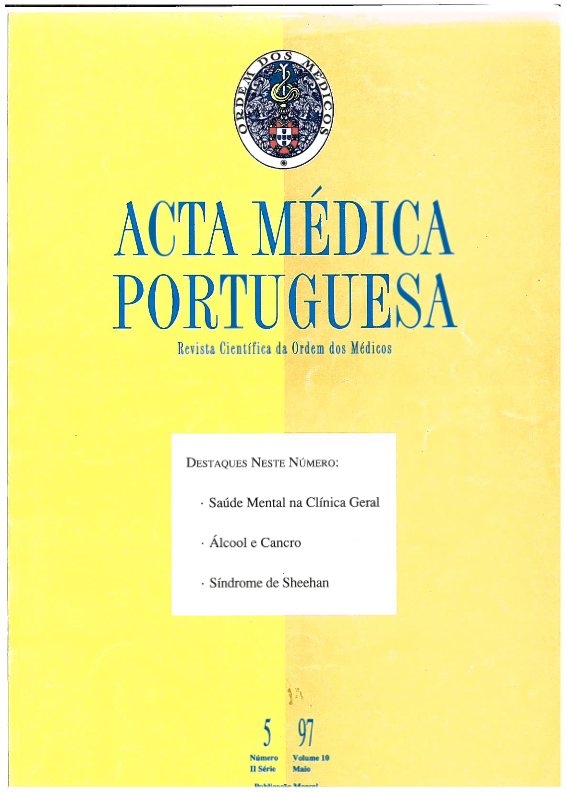Intestinal obstruction in cancer patients. Palliative treatment.
DOI:
https://doi.org/10.20344/amp.2428Abstract
The treatment of intestinal obstruction (IO) in patients with advanced or terminal cancer represents an open and widely discussed topic in clinical oncology practice. As surgical palliation is a complex issue, the decision to advance with surgery should be made in consultation with the patients and family members. The prognostic factors, mainly the survival time and the surgical risks can be considered guideline indicators. If there is any possibility that surgery will be of benefit, the patient should be treated with intravenous fluids and nasogastric suction while appropriate radiological investigations are performed. When surgical intervention is contraindicated, symptomatic medical treatment should be started through continuous subcutaneous administration of analgesic and antiemetic drugs. Minor episodes of vomiting may occur, which do not trouble patients since the most distressing symptom, nausea, can be controlled. Dehydration may be avoided with a liquid diet in small quantities. In this way, it is possible to manage patients with IO for several weeks without the need of nasogastric suction or intravenous fluids. Percutaneous gastrostomy, nasogastric tube, or hypodermoclysis may be necessary for a small number of patients, principally with high obstruction, who have refractory symptoms.Downloads
Downloads
How to Cite
Issue
Section
License
All the articles published in the AMP are open access and comply with the requirements of funding agencies or academic institutions. The AMP is governed by the terms of the Creative Commons ‘Attribution – Non-Commercial Use - (CC-BY-NC)’ license, regarding the use by third parties.
It is the author’s responsibility to obtain approval for the reproduction of figures, tables, etc. from other publications.
Upon acceptance of an article for publication, the authors will be asked to complete the ICMJE “Copyright Liability and Copyright Sharing Statement “(http://www.actamedicaportuguesa.com/info/AMP-NormasPublicacao.pdf) and the “Declaration of Potential Conflicts of Interest” (http:// www.icmje.org/conflicts-of-interest). An e-mail will be sent to the corresponding author to acknowledge receipt of the manuscript.
After publication, the authors are authorised to make their articles available in repositories of their institutions of origin, as long as they always mention where they were published and according to the Creative Commons license.









